please help with electric heat and oil questions
CR1974
11 years ago
Related Stories

GREEN DECORATING8 Questions to Help You See Through Green Hype
With the ecofriendly bandwagon picking up some dubious passengers, here's how to tell truly green products and services from the imposters
Full Story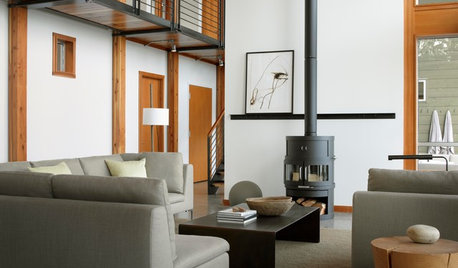
REMODELING GUIDESClean-Burning Woodstoves Ignite a Greener Heating Trend
No need to rely on oil or gas to heat your home — new woodstove designs burn cleanly and are beautiful to boot
Full Story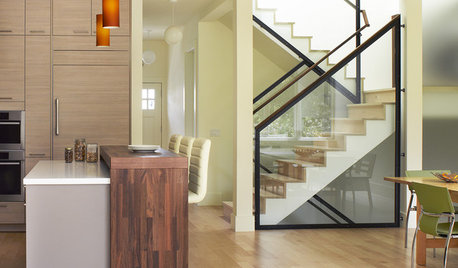
FLOORSIs Radiant Heating or Cooling Right for You?
Questions to ask before you go for one of these temperature systems in your floors or walls (yes, walls)
Full Story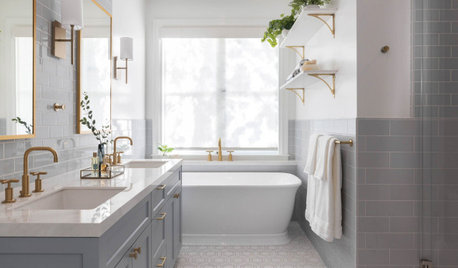
FLOORSWhat to Ask When Considering Heated Floors
These questions can help you decide if radiant floor heating is right for you — and what your options are
Full Story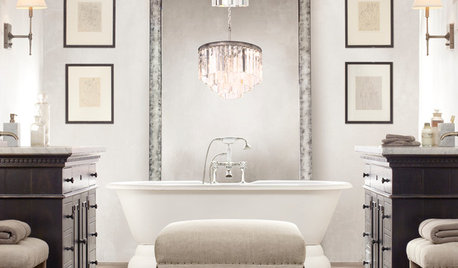
LIGHTING5 Questions to Ask for the Best Room Lighting
Get your overhead, task and accent lighting right for decorative beauty, less eyestrain and a focus exactly where you want
Full Story
FEEL-GOOD HOMEThe Question That Can Make You Love Your Home More
Change your relationship with your house for the better by focusing on the answer to something designers often ask
Full Story
REMODELING GUIDESConsidering a Fixer-Upper? 15 Questions to Ask First
Learn about the hidden costs and treasures of older homes to avoid budget surprises and accidentally tossing valuable features
Full Story
GREEN BUILDINGConsidering Concrete Floors? 3 Green-Minded Questions to Ask
Learn what’s in your concrete and about sustainability to make a healthy choice for your home and the earth
Full Story
KITCHEN DESIGN9 Questions to Ask When Planning a Kitchen Pantry
Avoid blunders and get the storage space and layout you need by asking these questions before you begin
Full Story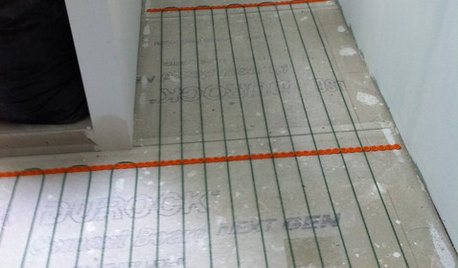
BATHROOM DESIGNWarm Up Your Bathroom With Heated Floors
If your bathroom floor is leaving you cold, try warming up to an electric heating system
Full StoryMore Discussions








big_al_41
mike_home
Related Professionals
El Mirage Solar Energy Systems · Elizabeth Solar Energy Systems · Gardena Solar Energy Systems · Green Valley Solar Energy Systems · Shelton Solar Energy Systems · Western Springs Solar Energy Systems · Birmingham Home Automation & Home Media · Brentwood Home Automation & Home Media · Carlsbad Home Automation & Home Media · Norwalk Home Automation & Home Media · Wheaton Home Automation & Home Media · East Cleveland Home Automation & Home Media · Parkland Fireplaces · Santa Maria Fireplaces · Chester Fireplacesweedmeister
weedmeister
CR1974Original Author
SaltiDawg
CR1974Original Author
CR1974Original Author
mike_home
david_cary
mike_home
weedmeister
ionized_gw
david_cary
CR1974Original Author
D Brown